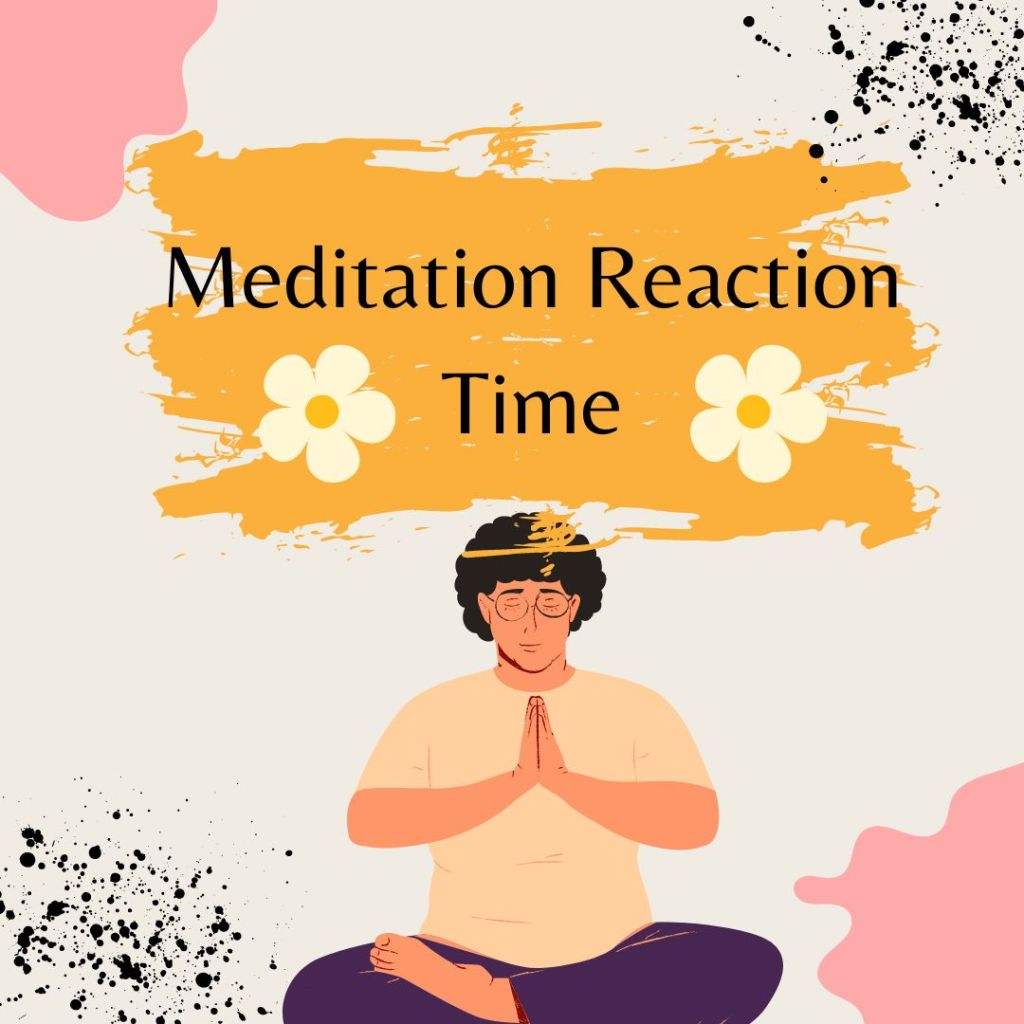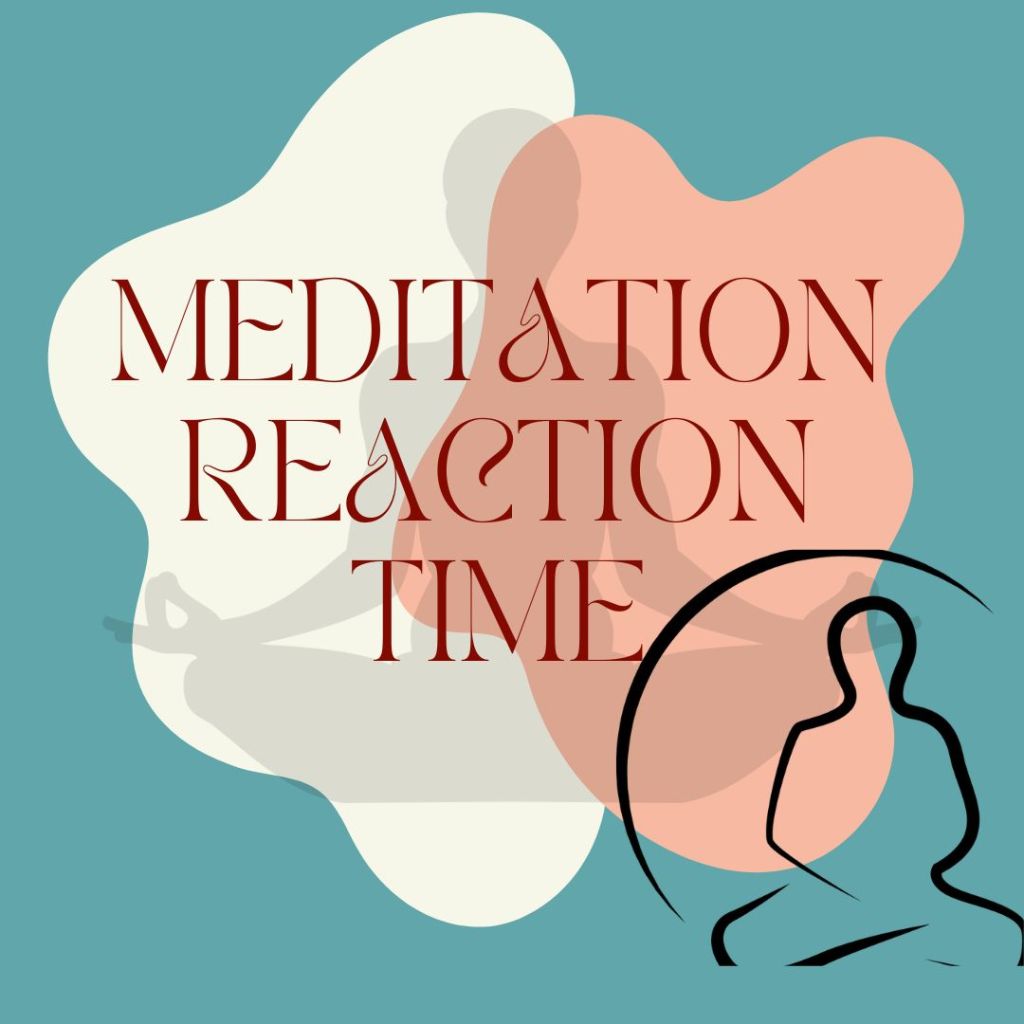Reaction time is a measure of how quickly an individual can respond to a stimulus, such as a visual or auditory cue. It is an important aspect of many activities, from sports to driving to everyday tasks.
Therefore, finding ways to improve reaction time is of interest to many individuals. ]
One potential avenue for improving online reaction time test is through the practice of meditation or mindfulness. In this article, we will explore the research on the effects of meditation and mindfulness on reaction time.
What is Meditation and Mindfulness?

Meditation is a practice that involves training the mind to focus and maintain attention on a particular object or thought, often through techniques such as deep breathing, visualization, or body scanning.
Mindfulness is a type of meditation that involves bringing non-judgmental awareness to the present moment, often through techniques such as focused breathing, body scanning, or mindful movement.
Both practices have been shown to have a range of benefits for mental and physical health, including reducing stress and anxiety, improving attention, and enhancing well-being.
Effects of Meditation and Mindfulness on Reaction Time

Several studies have investigated the effects of meditation and mindfulness on reaction time. Overall, the results have been mixed, with some studies suggesting that these practices can improve reaction time, while others have found no significant effects.
One study published in the journal Consciousness and Cognition found that individuals who underwent a brief mindfulness intervention had faster reaction times on a visual-spatial task compared to a control group.
The authors suggested that this effect may be due to the increased attentional control and decreased distractibility associated with mindfulness practice.
Another study published in the journal Frontiers in Psychology found that regular meditators had faster reaction times on a visual task compared to non-meditators.
The authors suggested that this effect may be due to the enhanced cognitive control and attentional resources associated with long-term meditation practice.
However, other studies have found no significant effects of meditation or mindfulness on reaction time. For example, a study published in the journal PLOS ONE found that an eight-week mindfulness training program did not significantly improve reaction time on a cognitive task compared to a control group.
Possible Mechanisms for Improvements in Reaction Time
There are several possible mechanisms through which meditation and mindfulness may improve reaction time.
One mechanism is through the enhancement of attentional control and focus.
By training the mind to stay focused on a particular object or thought, individuals may become better able to ignore distractions and respond more quickly and accurately to stimuli.
Another mechanism is through the reduction of stress and anxiety. Stress and anxiety can impair cognitive function, including reaction time, so reducing these factors through meditation and mindfulness may lead to improvements in performance.
Finally, some researchers have suggested that meditation and mindfulness may enhance the functioning of the prefrontal cortex, a brain region involved in attention, decision-making, and cognitive control.
This could lead to improvements in reaction time and other cognitive functions.
Conclusion
In conclusion, the research on the effects of meditation and mindfulness on reaction time is mixed, with some studies suggesting improvements and others finding no significant effects.
However, there are several possible mechanisms through which these practices could enhance reaction time, including improvements in attentional control, reductions in stress and anxiety, and enhancements in prefrontal cortex functioning.
Therefore, while more research is needed to fully understand the effects of meditation and mindfulness on reaction time, these practices may be worth exploring for individuals looking to improve their cognitive performance.